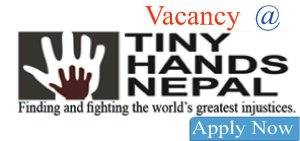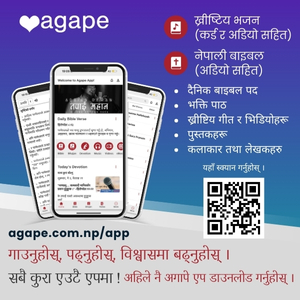
9 August 2018
CSW joined a delegation of international parliamentarians on a fact-finding and solidarity mission to Nepal from 31 July to 2 August, and raised freedom of religion or belief (FoRB) concerns with Nepalese government officials.
The mission comprised parliamentarians from Canada, Bolivia, Myanmar, South Africa and Georgia who are also members of the International Panel of Parliamentarians for Freedom of Religion or Belief (IPPFoRB). IPPFoRB is an informal network of about 250 former and present parliamentarians from 70 nations who are committed to promoting FoRB.
In order to better understand the FoRB situation in Nepal, the mission consulted with a range of stakeholders, including Nepal’s newly-elected provincial and federal members of parliament, permanent country missions and faith leaders from the Kirat, Baha’i, Buddhist, Jain, Hindu, Muslims and Christian communities.
The discussions were informed by a report commissioned by the IPPFoRB, titled Challenges to Freedom of Religion or Belief in Nepal: A Briefing Paper, which was launched in an event moderated by the Commissioner of the National Human Rights Commission of Nepal. The report outlines obstacles to the realisation of FoRB in Nepal and includes recommendations to the government of Nepal.
Nepal recently transitioned from a Hindu monarchy to a secular democratic republic, but while the new constitution, promulgated on 20 September 2015, established Nepal as a secular state, there are certain provisions such as Article 26(3) that infringe the right to freedom of religion or belief by criminalising conversion. The Criminal Code Bill, which comes into force on 17 August, also has provisions criminalising religious conversion and the hurting of religious feelings.
CSW’s South Asia Team Leader Steven Selvaraj said: “CSW welcomes this timely engagement on FoRB in Nepal by the International Panel of Parliamentarians at such a significant point in Nepal’s constitutional and political transition. We are pleased to partner with them in helping to build capacity in civil society and deepen knowledge on this fundamental right in Nepal.”






















Discussion about this post